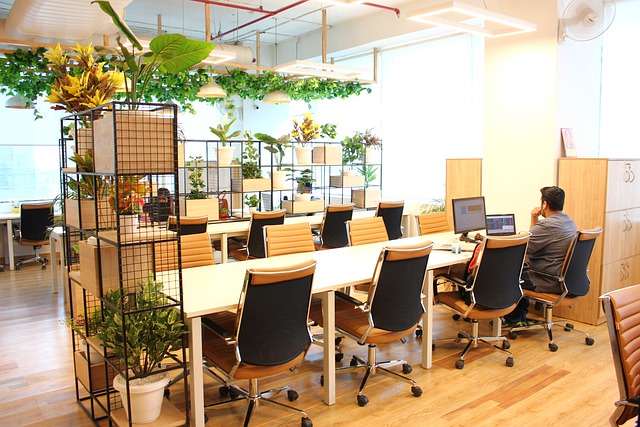
WeWork, the coworking platform reinvents itself
The Latin American market is the new bet of the company that revolutionized workspaces in the aftermath of COVID-19.
WeWork was born in 2010 with the idea of providing flexible workspaces for the needs of modern workers. Its beginnings heralded a promising outlook, but the pandemic that forced the world to lock down and isolate, was a major blow.
How workers and companies are defining their approach to #hybridwork and what #flexibleoffice options they'll need will determine workspace solutions in the coming years. Explore the trends and implications in @CBRE's annual report: https://t.co/KX16xitOPO pic.twitter.com/PxTHnuiTYy
— WeWork (@WeWork) February 18, 2022
After having a wide portfolio of offices available in almost all cities in 2019 under the guidance of founder, Adam Neumann, the business model began to be questioned by investors, generating a first crisis that forced them, among other things, to lay off about 20% of their employees worldwide. It also caused the company to give up its intentions to go public on the stock market and be absorbed by SoftBank, which took over 80% of the company.
With the pandemic, WeWork, along with other real estate companies focused on shared work spaces, faced a scenario in which sales were dramatically reduced thanks to quarantine and isolation measures that kept people home.
Taking into account only WeWork's figures, the net loss in the first three months of 2021 reached more than $2 billion, including restructuring expenses.
The Latin American market opens
Backed by one of the largest investment funds in the world, the new bet and business model for WeWork is aimed at Latin America and its growing market.
Just as the coronavirus pandemic threatened to liquidate the business, WeWork has found an opportunity to reinvent itself and take a strong step into a new reality.
What's one thing we know to be true about the future of work? It's all about #flexibility. Read the full @CBRE Annual Flexible Office Market Report and the important role of #WeWork in workspace that is there for all the ways you work: https://t.co/NnR6OOcdWu pic.twitter.com/OPkWxdnI4x
— WeWork (@WeWork) February 17, 2022
According to the company's directives, among the important changes in consumer’s behavior, one has benefited them. Specifically, the change in mentality in an important group of the workforce, leading people to move away from the main cities and explore other lifestyles while carrying out their work remotely.
RELATED CONTENT
The new trend has led WeWork to expand its presence in Latin America, initially expanding its operation in Mexico, where Monterrey and Guadalajara will host new offices.
Thanks to financial support and a joint venture negotiated with SoftBank's Latin America Fund in mid-2021, WeWork is strengthening itself in the Latin American market and is using it as a benchmark to potentially expand globally once again.

In addition to utilizing the Mexican market as a platform for expansion, WeWork has also set out to understand it in depth and offer complementary and specific services so workers in this region have the tools for the new labor system.
WeWork's new model also offers its partners the possibility of moving to the beach or any other place for a weekend and finding an available WeWork space that they can use.
Using flexibility as its keyword, WeWork, has already reached pre-pandemic levels and is hitting its stride in Latin America, especially in Mexico and Brazil. It is a favorite of workers and companies that want to make use of the new hybrid models to carry out its operations efficiently and dynamically.











LEAVE A COMMENT:
Join the discussion! Leave a comment.